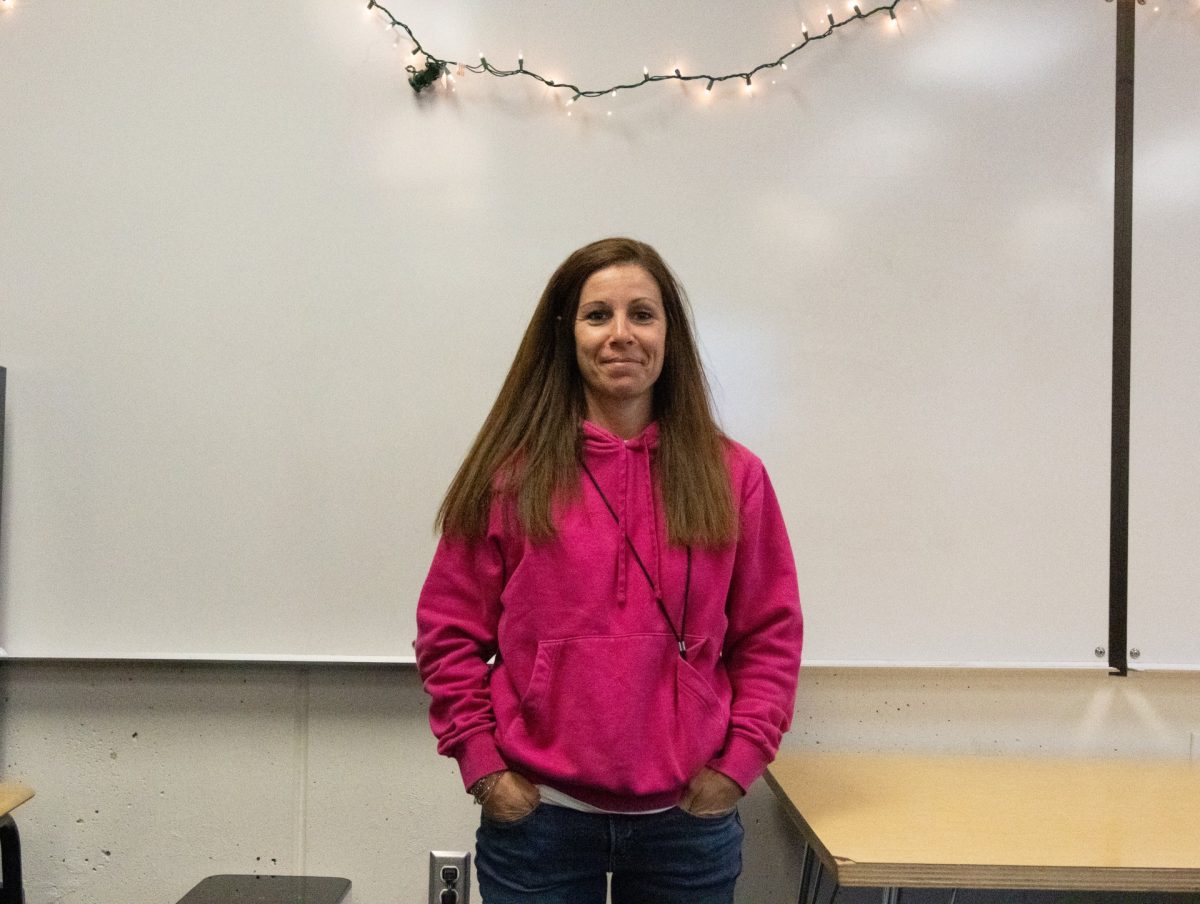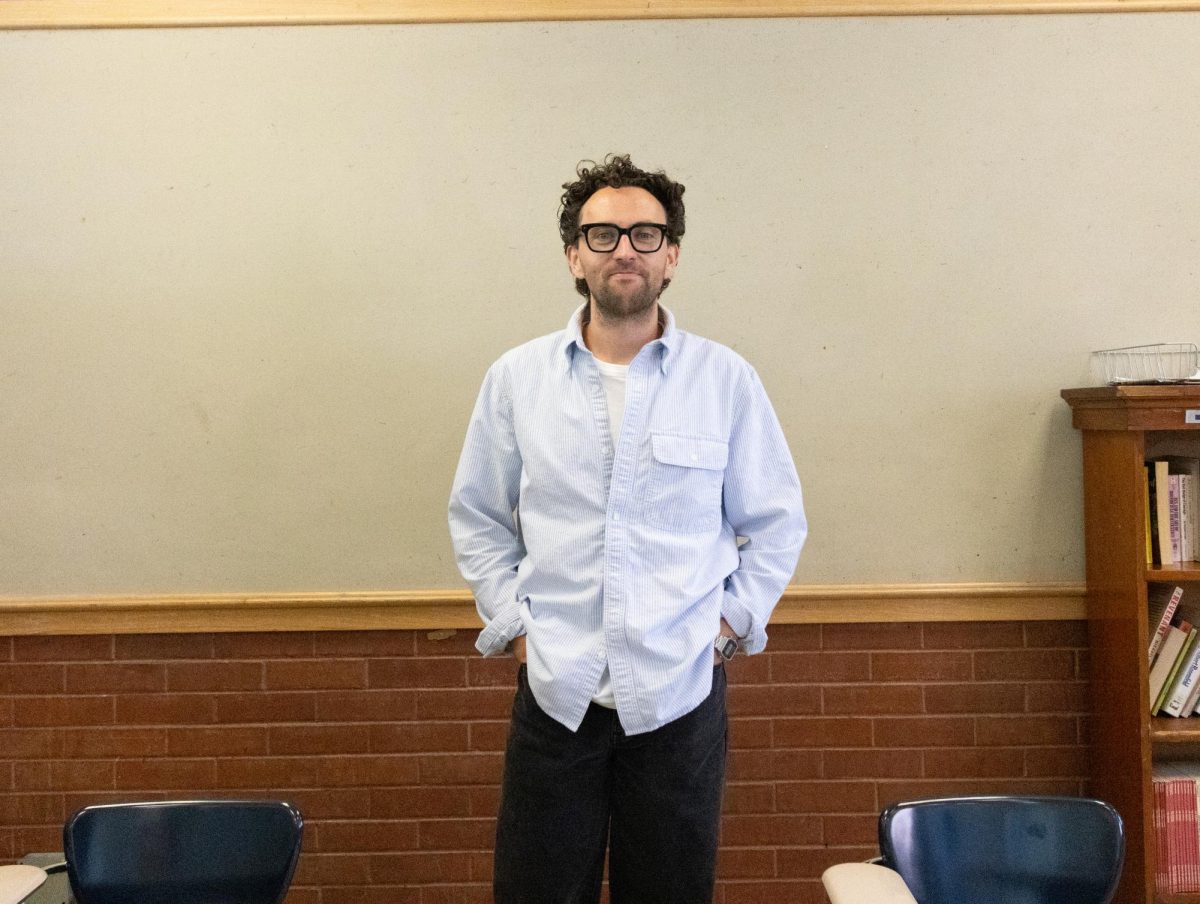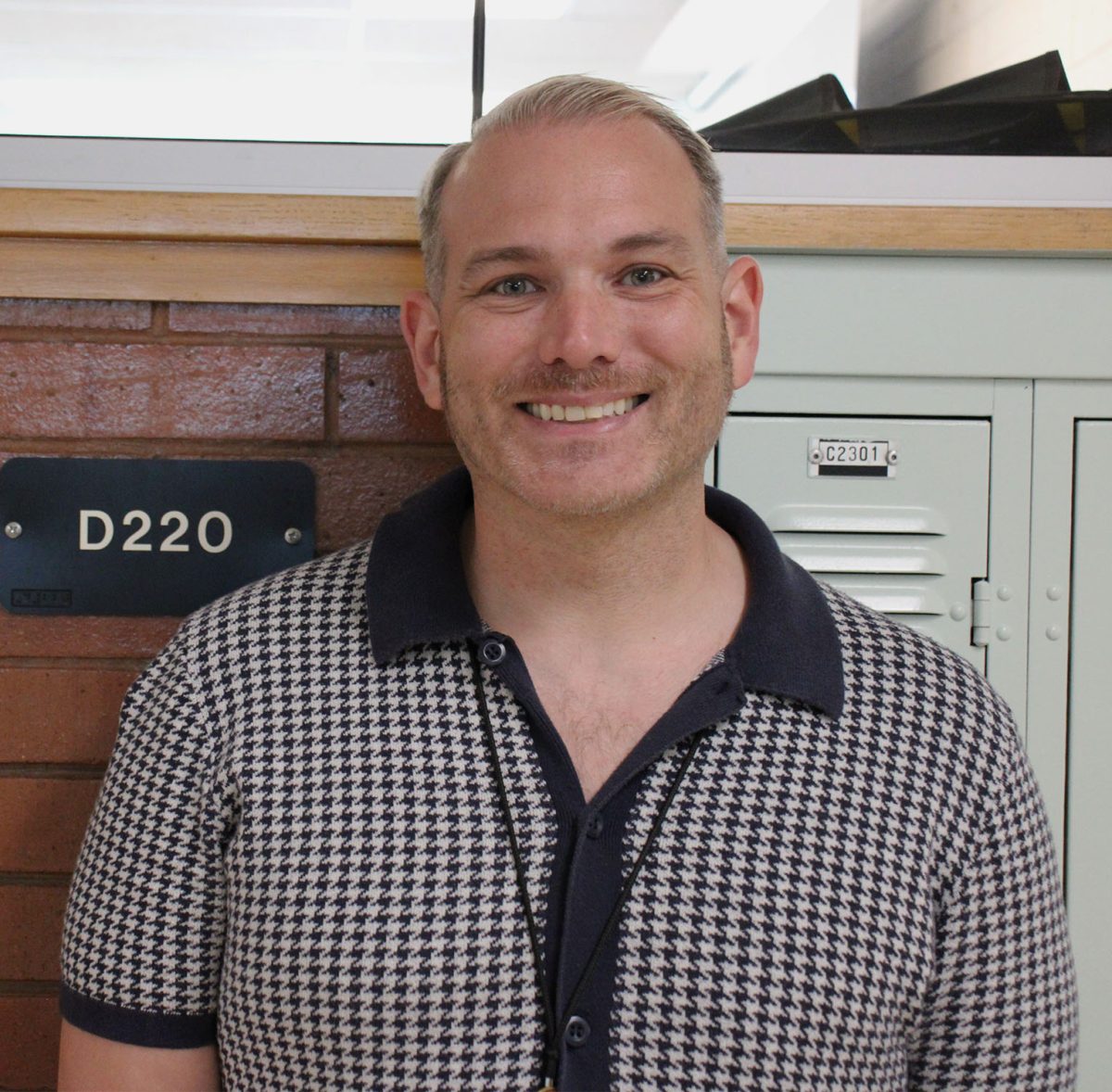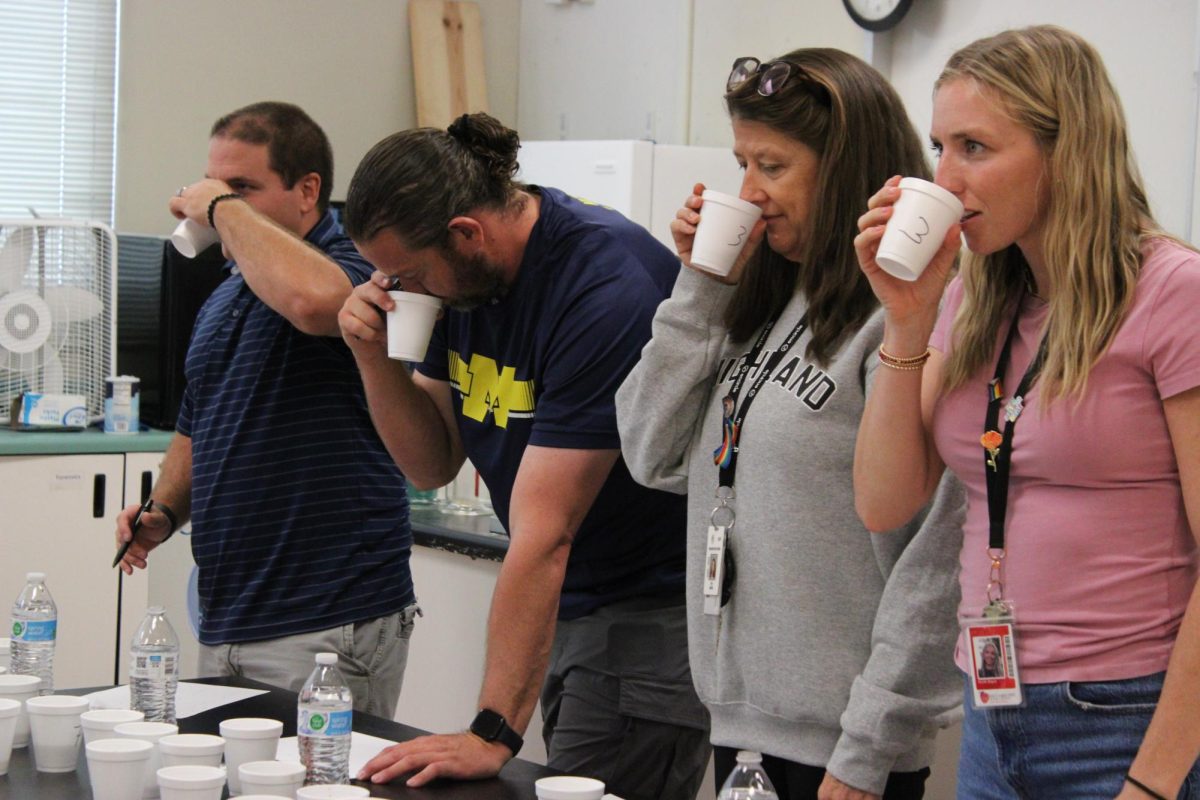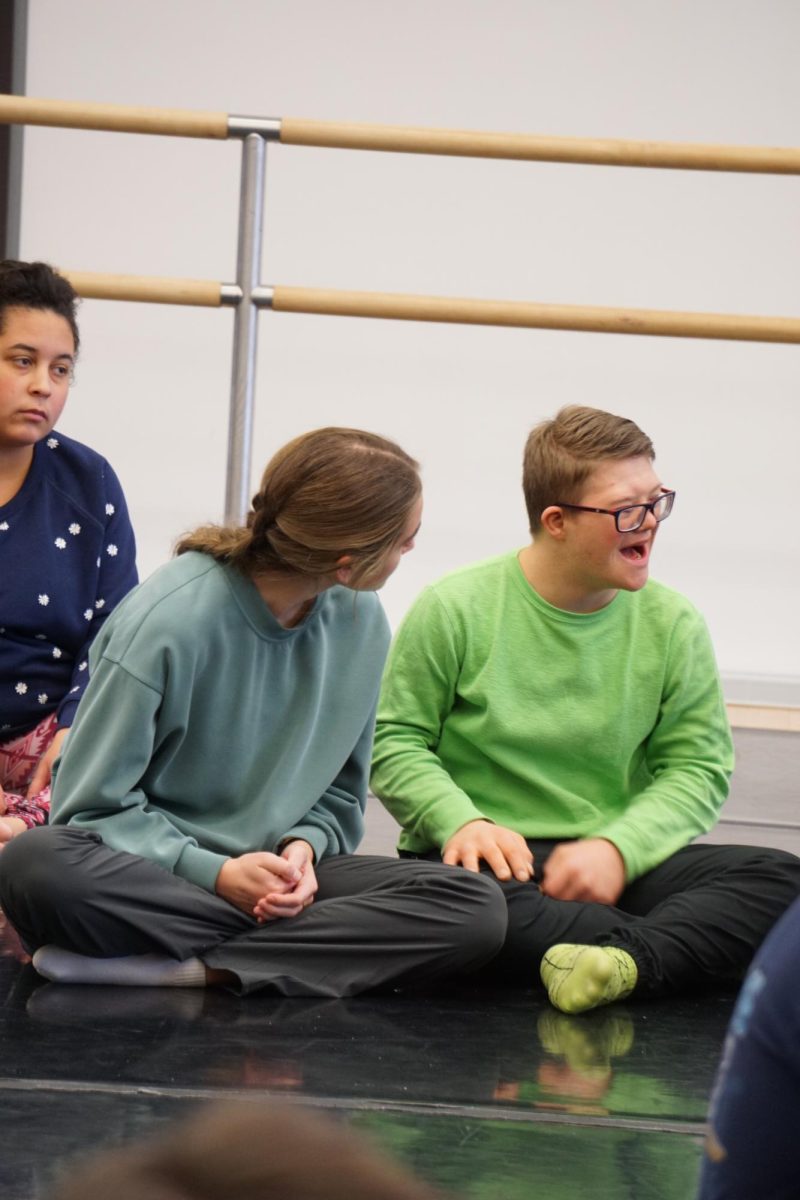The University of Utah’s Tanner Dance has a variety of diverse students who show the real meaning of dance. They are trained in many different styles and receive instruction in all different kinds of classes.
Joni Wilson, studio director at Tanner dance and a lead teacher who oversees the volunteers, has been with the University of Utah’s program for over 30 years. After receiving her MFA terminal degree and teaching at other universities, she came to Tanner Dance where she has been able to make an impact on many students lives.
Although she has a multitude of classes she teaches, she oversees the Adaptive Needs program that was initially started by Virginia Tanner. It began by teaching classes with hearing and visually impaired students at nearby schools, and eventually developed into a more widespread community that reaches more students from the studio.
The program has served three Highland students in the past, with current Ram Michael Brown participating currently.
Now, the community reaches students from a variety of different schools and backgrounds and gives them a studio Monday through Saturday throughout the year to practice their skill. The classes provide performance opportunities for both children and adults to show their families and friends what they work on during class. This lets them experience and enjoy every artist’s favorite part of what they do—being on stage.
“It’s always been a focus of Tanner Dance to provide dance for all,” Wilson said. ““They [adaptive needs students] are my favorite people to be around in the world. I love each and every one of my students, but I particularly become very close with them because I think they teach me so much about who they are and about who I am.”
One thing that sets Tanner Dance apart from other studios in the surrounding area are the classes specializing in adaptive needs and their adult Elevate Theater Company. These classes and company bring forward an accepting community of children and adults with a variety of mental and physical needs and give the opportunity to bring communities together. Instead of focusing on perfect technique, they focus on having a loving environment and enjoying the experience alongside family and peers.
Dancers all around the world today are constantly subjected to stigma. If they don’t fit the exact stereotype, it’s hard for them to find a place to practice what they love without bias against them. Whether it has to do with gender, racial identity, or the way their bodies are built, there is a feeling in the dance community of inferiority unless you’re seen as perfect.
In Tanner Dance’s Adaptive Needs classes, teachers make sure to teach students they are not there to compete, and they are not there to be put against each other. Students are there to learn and enjoy dancing in a healthy approach both mentally and physically.
Rather than focusing on the more trying parts of dance as a whole, they primarily focus on free expression and helping students speak artistically through movement.
“Perfection” is a subjective opinion, and the concept often leads to people forgetting what dance actually is. The general definition of dance is to “move rhythmically to music, typically following a set sequence of steps” or to “move in a quick or lively way”.
Tanner Dance’s Adaptive Needs classes don’t only provide opportunities for those with adaptive needs, but also for volunteer teachers who can participate and experience new forms of artistic expression.
The classes allow for high school and college students alike to come in and help lead classes in a different way than their own dance programs might teach. This makes way for other dance students to reconnect with their love of dance in a way that is not centered around perfection or competition, but rather loving the experience.
While experiencing these classes, students and teachers are both able to learn important life skills and new concepts while connecting it to their love of dance in a fun way.
“I think the most interesting part of what we do here is to make sure that we provide dance for everyone as they come to it. You know, the title of the class is called ‘Adaptive Needs’, but we don’t really even need to adapt anything, we just make it the most beautiful expression ever. I think it’s something that’s really important, it teaches us about humanity and who we are, and how to find our best selves.”
Dancing For Joy
Adaptive Needs Class Is All About Inclusion
Ainsley Black, Associate Editor
January 4, 2024
Highland student Michael Brown (right) participates in Tanner Dance’s adaptive needs class.
0
More to Discover





